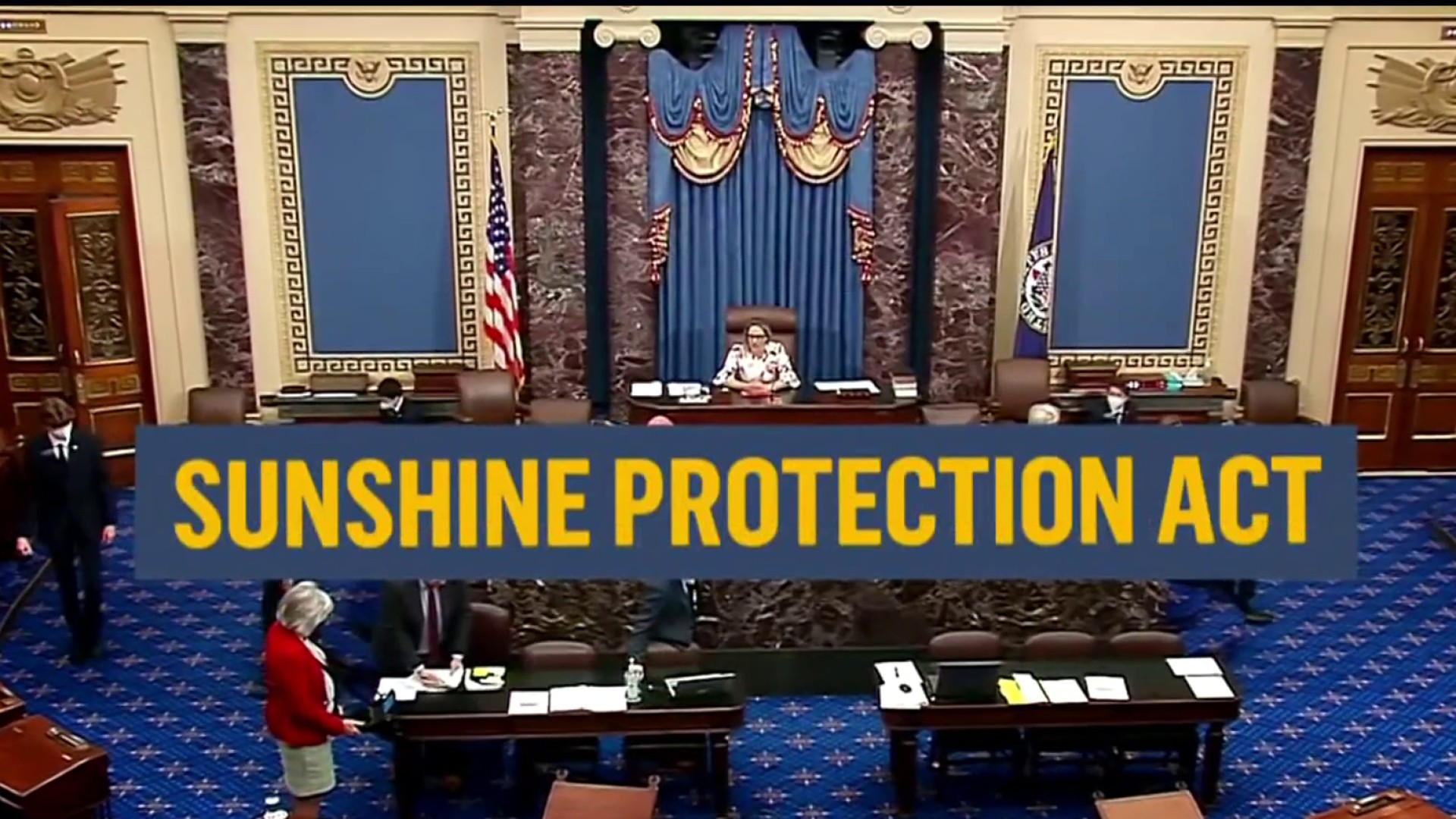PR News
Daylight Saving Time Clocks Move Ahead By One Hour March 12, 2023

Bills introduced this month in the US House of Representatives seek to make daylight saving time, which will rob Americans of an hour of sleep this Sunday, permanent for the country or for states that opt-in.
This Sunday, March 12, 2023, at 2 a.m., clocks will advance one hour, transitioning from standard time, which begins in November, to daylight saving time associated with later sunsets.
On March 1, Senator Marco Rubio (R-FL) introduced legislation in the Senate that would make daylight saving time permanent nationwide and eliminate the November time change.

Senator Marco Rubio introduced a similar bill in 2021, dubbed the Sunshine Protection Act, which passed the Senate in March but died in the House in December.
Rep. Mike Rogers (R-AL) introduced legislation in the House on March 8 that would allow states to implement permanent daylight saving time without the approval of Congress, as required by the Uniform Time Act.
Scientists have long linked daylight saving time to health issues such as circadian rhythm disruptions, an increased risk of obesity, diabetes, high blood pressure, and increased workplace injuries, heart attacks, and even fatal car accidents.
During World War I, daylight savings was implemented in the United States to increase daylight during working hours while saving energy to illuminate evening hours.
Daylight saving time history
Until 1966, when Congress standardized the time change, states and local governments could implement it whenever they pleased, making it difficult for the transportation industry to coordinate travel between states. States that support permanent daylight saving time argue that changing times twice a year is inconvenient and no longer necessary to save fuel.
The Alabama legislature voted in 2021 to make daylight saving time permanent, but the bill won’t take effect until Congress either passes legislation making daylight saving time permanent for the entire country (Rubio’s bill) or allows states to opt out of time changes without requiring congressional approval (Rogers’ bill). Arkansas, Arizona, California, Colorado, Delaware, Florida, Illinois, Louisiana, Maine, New Jersey, Oregon, South Carolina, Tennessee, Utah, and Washington have all proposed legislation to make daylight saving time permanent.
While the Uniform Time Act requires states to petition Congress to permanently switch to daylight saving time, states can switch to standard time, which begins in November when clocks are set back one hour, without congressional approval. Both Arizona and Hawaii are on standard time all year.


































